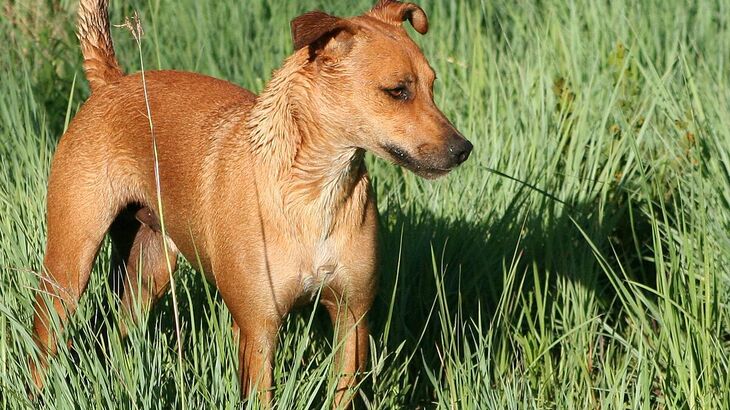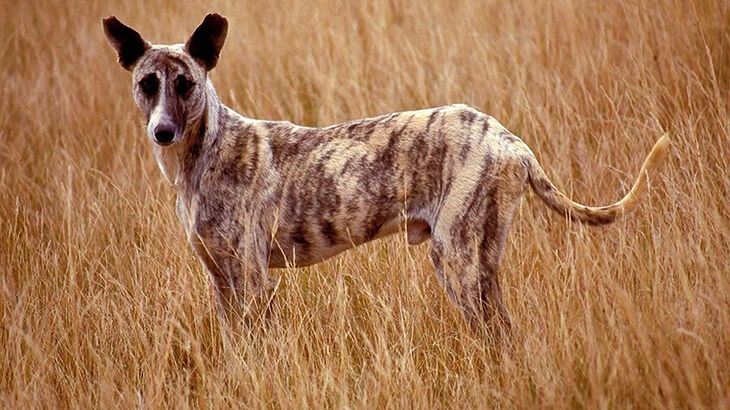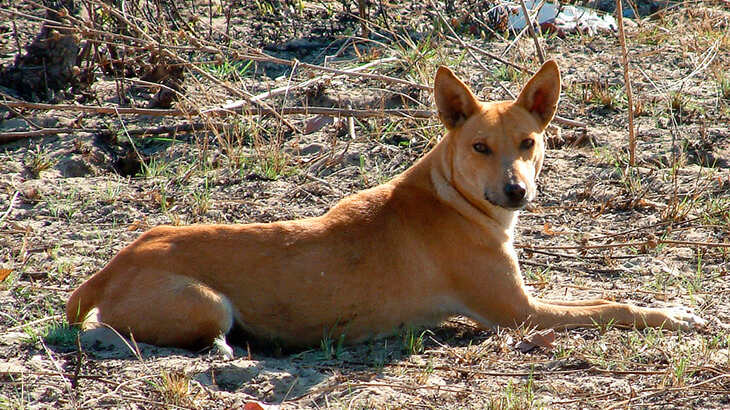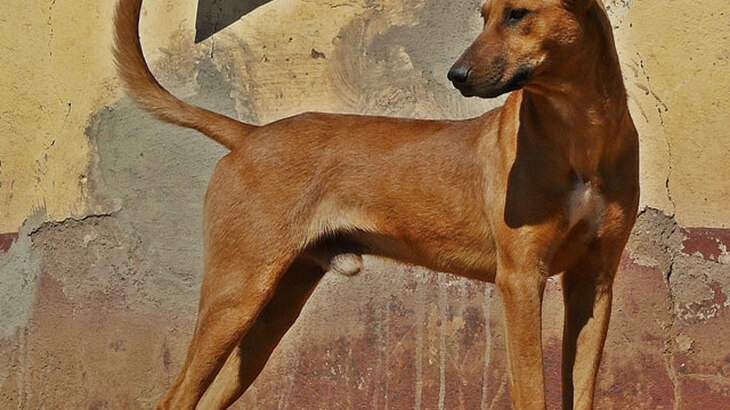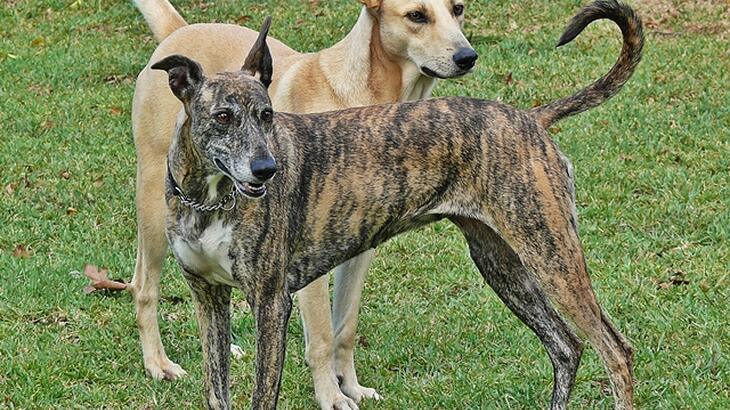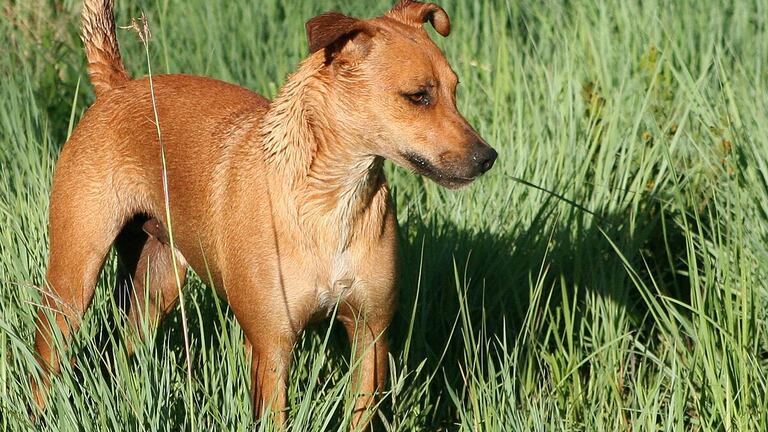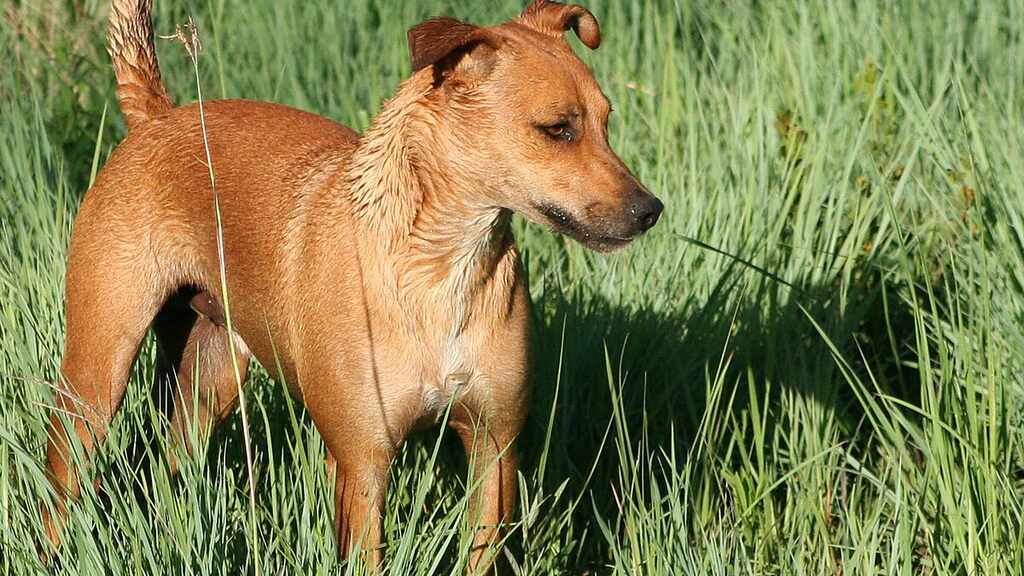Deciding whether to adopt or buy an Africanis puppy involves weighing the benefits of supporting preservation efforts through breeders against the opportunity to provide a home for a dog in need. Both options have distinct considerations regarding cost, health knowledge, and ethical impact related to a breed that is deeply rooted in African heritage.
Adoption vs. Breeder: Pros & Cons
| Criteria | Buying from Breeder | Adopting from Shelter/Rescue |
|---|---|---|
| Cost | Typically higher, reflecting efforts to maintain breed standards and health. | Lower adoption fees supporting animal welfare and rehoming. |
| Health History | Detailed health info often available due to breeding oversight. | Health backgrounds may be less certain, but basic checks are done. |
| Age Availability | Mostly puppies, allowing early bonding and training. | Wide range of ages, including adults and seniors. |
| Supporting Practices | Supports preservation of Africanis breed and responsible breeding. | Supports animal welfare by rescuing dogs needing homes. |
| Ethical Considerations | Choose breeders committed to ethical, culturally respectful practices. | Provides a home for dogs who might otherwise struggle. |
| Breed Purity & Pedigree | Breeders maintain lineage and offer pedigree documentation. | Adopted dogs may have mixed lineage or undocumented pedigree. |

